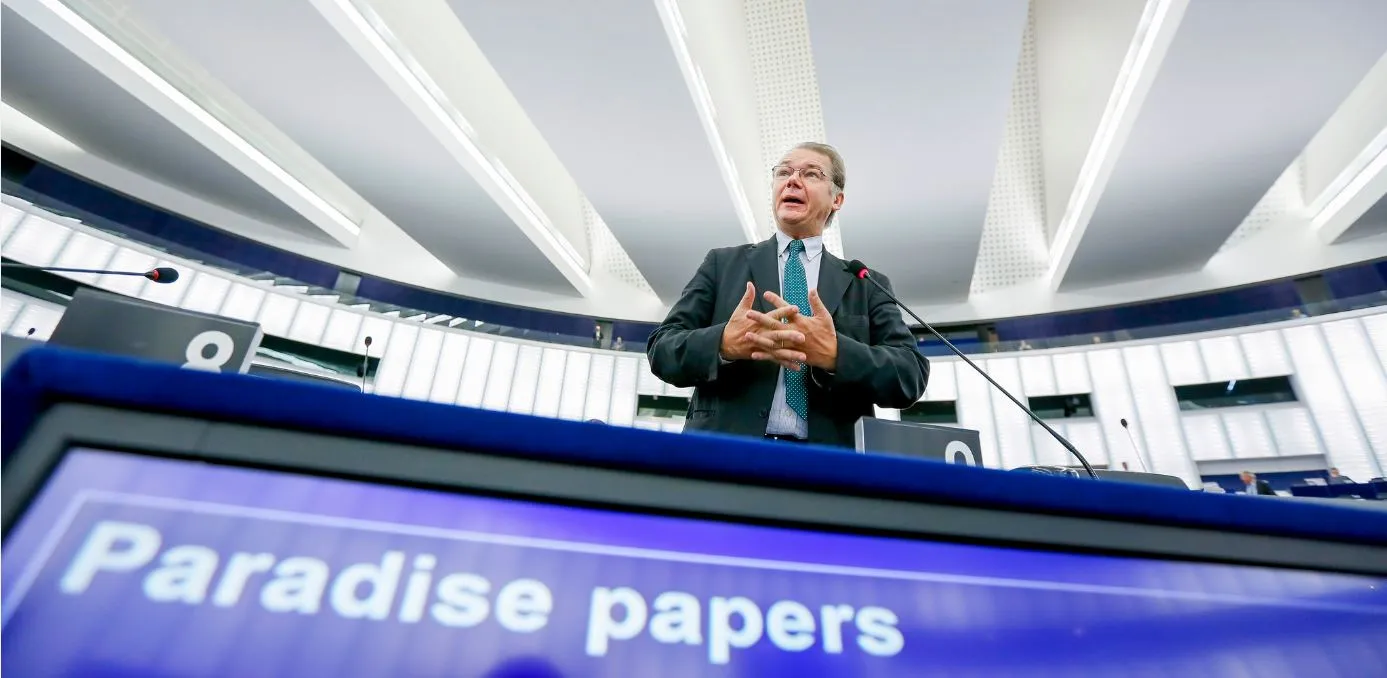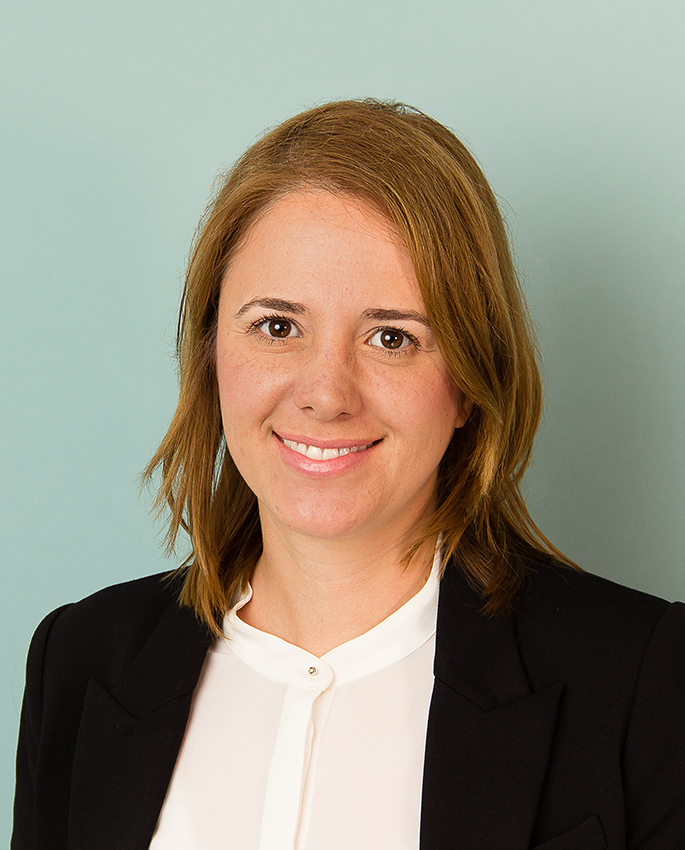What the Paradise Papers reveal about the state of democracy

Last month's Paradise Papers revelations have raised many questions. Where is Prime Minister Justine Trudeau’s long-time collaborator, Stephen Bronfman, getting his money from? Why did Prince Charles not disclose his business interests in an enterprise apparently benefiting from his environmental lobbying activities? How did Yukio Hatoyama, Japan’s former Prime Minister, manage to use his political clout to boost the interests of an energy company?
But beyond all the juicy details about the rich and famous and their dodgy finances, the scandal exposes a more glaring symptom about the state of democracy and corruption. According to the International Institute for Democracy and Electoral Assistance’s (International IDEA) Global State of Democracy report that came out 15 November (for disclosure, I co-authored the report’s chapters on democratic backsliding and money in politics), while democracy has advanced in many ways over the past 40 years, the one aspect that has not improved is the fight against corruption.
The Paradise Papers did not reveal something new about the way wealthy people abuse the system. It just put a spotlight on it.
Why have we managed to organize free and fair elections almost everywhere, provide social security to most citizens and allow civil society to operate with fewer restrictions, and yet we haven’t made any progress against corruption?
An important part of the puzzle is that the source of the malaise are the very people who are supposed to tackle it.
Some businesses manage to put politicians on their payroll. As the Paradise Papers have shown, this can often be done even within the confines of the law. The extractive industries are a case in point. Data from the World Bank and International IDEA’s new Global State of Democracy indices show that countries heavily reliant on natural resources (like oil, gas and forestry) tend to feature higher levels of corruption.
Corruption on this scale is propelled by the revolving door between businesses and politics.
How to shut the door?
Regulating money in politics is a good way to start. Setting up clear finance limits, spending ceilings, and reporting requirements sets the basis for a healthy system. But these rules need effective enforcement, otherwise they are nothing but pieces of paper.
Alas, as many as one-quarter of countries in the world have no institution mandated to oversee political finance regulations, according to International IDEA’s political finance database. In these cases, enforcement is non-existent.
Most concerning, there are no global standards on political finance. The United Nations Convention against Corruption is the only one that comes close, and it barely mentions the issue. I attended this month's Convention of States Parties in Vienna, a yearly event where countries gather to check progress in implementing the Convention, and delivered a statement calling states to champion political finance transparency.
What does the future hold?
While all this seems bleak, there may be good news on the horizon. As other aspects of democracy take root, we could expect a decline in corruption. Research from the Varieties of Democracy Institute and International IDEA’s Global State of Democracy indices show that more democratic governments generally do a better job in curbing corruption. With some caveats. Holding elections for the first time actually fuels corruption, which is why early years after a transition are so fragile.
But in time, as the quality of elections improves and other watchdog functions in society —not least, freedom of expression—and the state solidify, corruption declines. It is thus no coincidence that countries with high levels of media integrity are also less corrupt, as International IDEA’s study also highlights.
The more recent attacks against the media, however, cast a shadow over the horizon. From President Donald Trump’s threatening tweets against NBC News, to President Recep Tayyip Erdogan's clampdown on the Turkish media, the rope is tightening around free investigative journalism. And these incidents are not rare. In fact, International IDEA’s indices confirm that the overall situation regarding freedom of expression and media integrity did not improve between the mid-1990s and 2012, and it has only worsened since. With 74 journalists killed in 2016 alone, this work is clearly risky business.
That is why the Paradise Papers come with a ray of hope. They show us that investigative journalists can still fight the fight to expose corruption, despite attempts to silence them. They show us that people can still be shocked to find out how big money manipulates politics. They show us that it is up to us, the citizens, to safeguard democracy.




